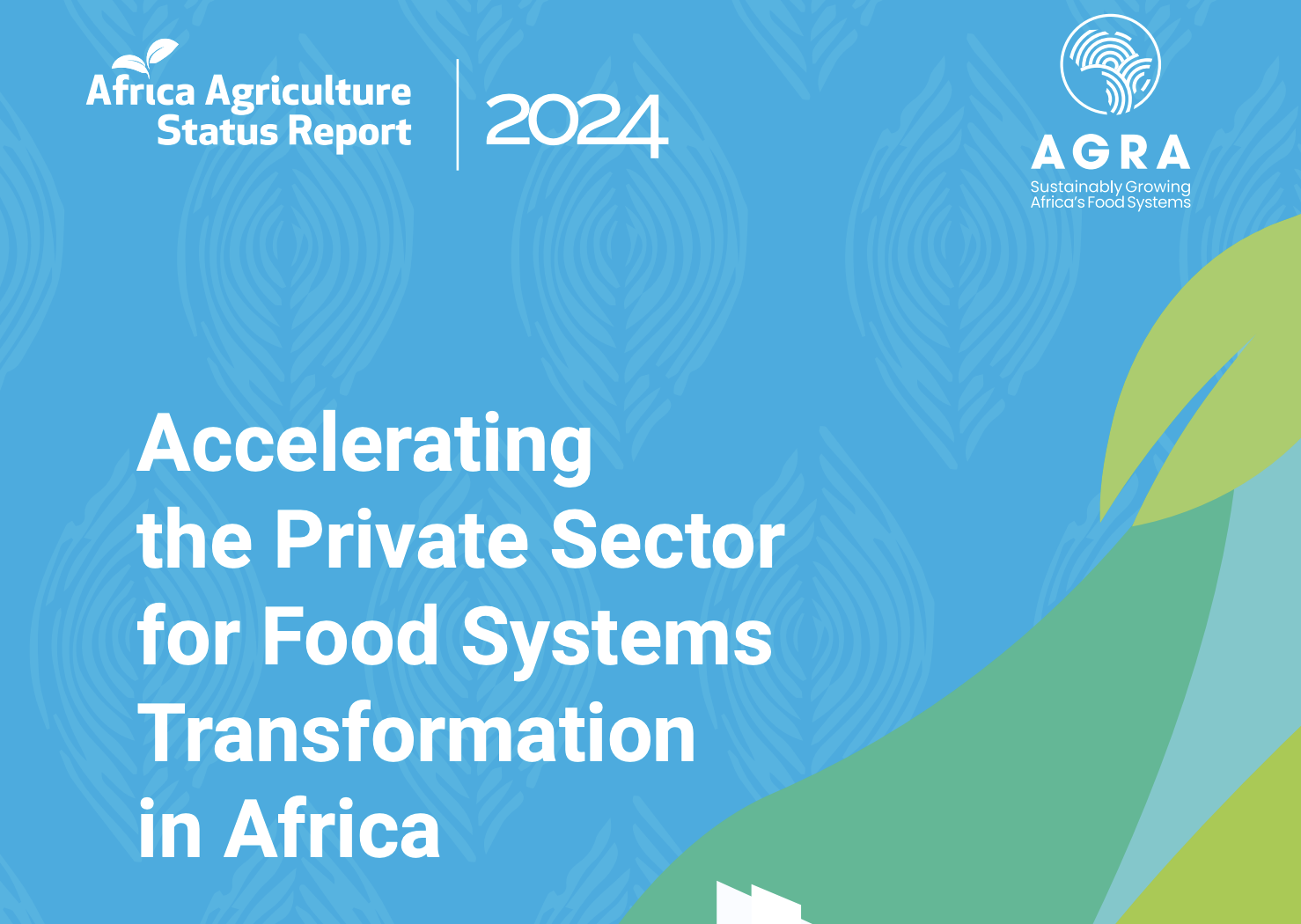Kilimokwanza.org
The 2024 Africa Agriculture Status Report (AASR), titled “Harnessing the Private Sector for Food Systems Transformation in Africa,” has identified Ethiopia as one of the least-performing countries in terms of agricultural growth, particularly in the context of agro-industrialization. Despite significant investments in Integrated Agro-Industrial Parks (IAIPs) and Rural Transformation Centers (RTCs), Ethiopia’s agricultural sector faces numerous structural challenges that impede its progress.
Challenges Facing Ethiopia’s Agricultural Sector
Ethiopia’s efforts to develop its agro-industrial sector have been hindered by several critical issues. The report points out that while Ethiopia has established several IAIPs and RTCs to enhance value addition and improve linkages between agricultural production areas and processing hubs, these initiatives have faced “severe challenges, including the exclusion of farmer cooperatives from the design, ownership, and management processes.” This lack of inclusivity has resulted in poor coordination and engagement with key stakeholders, undermining the effectiveness of these investments.
Moreover, the report highlights that the quality of infrastructure within these agro-industrial zones remains a significant barrier. “Many of these zones lack the necessary infrastructure and services, such as machinery repair services, testing laboratories, and training centers for low-skilled labor,” the report states. This inadequacy has led to inefficiencies and has prevented the agro-industrial parks from achieving their full potential.
Infrastructure Deficits and Policy Misalignments
The AASR 2024 underscores that Ethiopia’s poor performance is also due to inadequate infrastructure and ineffective policy implementation. “The lack of good roads, reliable electricity, and efficient water supply systems severely limits the ability of farmers and agribusinesses to operate effectively,” the report notes. These infrastructure deficits increase the cost of production and reduce the competitiveness of Ethiopian agricultural products in both domestic and international markets.
Additionally, there are significant coordination failures between different government bodies responsible for agricultural development. The report states, “There are systemic coordination failures between national and local governments, which lead to misaligned priorities and inefficient resource allocation.” These failures have resulted in fragmented efforts and have stymied the growth of the agro-industrial sector.
Climate Vulnerability and Market Challenges
Ethiopia’s agricultural sector is also highly vulnerable to climate-related risks. The report emphasizes that “climate change has introduced new systemic risks, including extreme weather events,” which disrupt agricultural production and supply chains. Furthermore, the Ethiopian agro-industrial sector faces challenges in competing with imported goods due to inconsistent quality and quantity of local agricultural products. “Some major export-oriented textile mills in Ethiopia have had to rely on imported cotton rather than sourcing from Ethiopian farms due to the low quality of local cotton production,” the report highlights.
Recommendations for Ethiopia’s Agricultural Development
To address these challenges, the AASR 2024 recommends a comprehensive approach that includes significant investments in infrastructure, better coordination between government agencies, and more inclusive policies that engage all stakeholders. The report calls for “targeted support and training programs to enhance the capacity of local agricultural producers” and emphasizes the need for “greater resilience against climate change.”
The report urging the Ethiopian government and its development partners to prioritize agricultural development as a key driver of economic growth and food security. “By addressing the structural challenges that hinder agricultural productivity, Ethiopia can unlock its vast potential and transform its agrifood systems for the better,” the report asserts.
